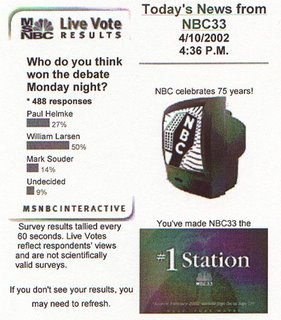Unintended Consequence: Energy
The oil embargo of 1973 was a shock to our economy. The congress implemented price controls on new and old oil to keep the price down and spur exploration. At the same time there was a windfall profits tax on oil pertaining to existing wells prior to a particular date.
Over the past decades congress has provided tax incentives, credits and exemptions to oil and other energy sources.
These practices artificially priced energy at incorrect levels. It hindered new sources of energy by subsidizing current energy sources.
Subsidizing ethanol production is a prime example
- When first initiated corn was under $2 a bushel
- Demand for corn raised prices to a high of $8 a bushel
- Farmers began to plant less wheat and other grains and more corn
- This increased prices for Wheat and grains
- Higher grocery prices
- More corn acreage and less rotation required more fertilizer.
- Fertilizer prices increased over 100%
- With corn rising and 91% of all corn used for beef, poultry, pork and dairy feed, the price for meat and dairy increased dramatically.
- At 51 cents tax credit per gallon of Ethanol, the government used our taxes to give to Ethanol producers who then competed against consumers for corn. At the same time the tax credit diminished tax revenues for roads and bridges which are now being funded by general revenues which has had continued deficits since 1957.
Instead of allowing the price of oil to reach its natural level, which would have been higher, other forms of energy that might have competed and replaced oil were never developed because of government interference.
This artificial pricing has allowed us to use more of the oil we had, become more dependent on others and delayed alternatives or the next generation of energy.



0 Comments:
Post a Comment
<< Home